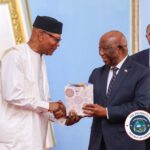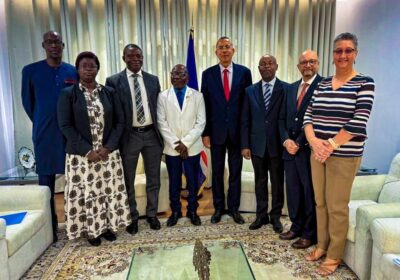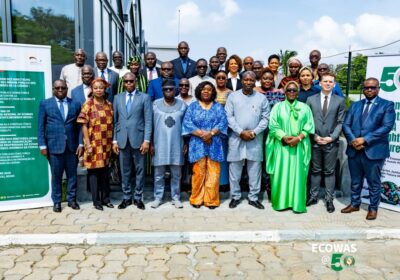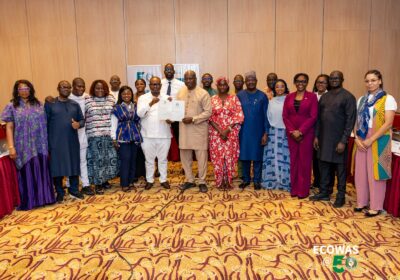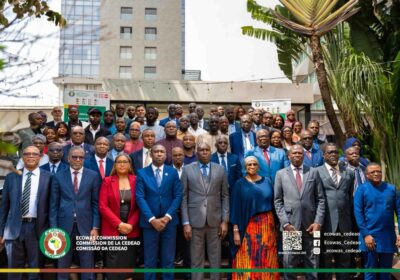FAO-Led Workshop Charts Roadmap for Sustainable Forest Monitoring and Climate Action.
By Raymond Enoch
In a decisive move to protect Nigeria’s dwindling forest reserves and bolster climate action efforts, the Federal Government of Nigeria, in partnership with the Food and Agriculture Organization (FAO) of the United Nations and the Global Forest Observations Initiative (GFOI), convened a landmark three-day validation workshop from July 21–23 in Abuja under the Accelerating Innovative Monitoring for Forests (AIM4Forests) initiative.
The workshop marked the official launch of AIM4Forests in Nigeria, a transformative five-year programme designed to fortify the country’s forest monitoring infrastructure using cutting-edge satellite technology, remote sensing tools, and institutional innovations. It also sets the stage for potential future access to international carbon financing mechanisms.
At the heart of the workshop were three pivotal objectives, Strengthening Nigeria’s forest monitoring and MRV (Measurement, Reporting, and Verification) capacities to meet global transparency and reporting standards;
Supporting sustainable forest management and REDD+ implementation, a framework under the United Nations for reducing emissions from deforestation and forest degradation;
Establishing Nigeria’s credibility in global climate reporting systems and laying the groundwork for participation in international carbon markets.
Declaring the event open, National REDD+ Coordinator Dr. Moses Ama underscored the significance of the initiative, urging participants to “engage openly, contribute their expertise, and collaboratively chart a path forward that reflects our shared priorities and ambitions.” He emphasized the critical role of diverse stakeholders, including state forestry bodies, civil society organizations, and academic institutions, in driving the success of the AIM4Forests rollout.
Over the course of the three days, participants conducted a comprehensive technical and institutional assessment of Nigeria’s National Forest Monitoring System (NFMS) using tools developed by FAO and GFOI. Key areas examined included data transparency, institutional coordination, reporting standards, and verification processes.
Notably, Nigeria’s MRV system was benchmarked against international carbon standards using the ART TREES tool—a significant step toward qualifying for carbon credit mechanisms that reward countries for measurable reductions in forest-related emissions.
Speaking during a debrief, FAO Representative in Nigeria and to ECOWAS, Dr. Hussein Gadain, stressed the value of institutional assessments. “A gap assessment of institutional arrangements and MRV capacity is designed to help identify weaknesses and opportunities to strengthen the country’s national forest monitoring system for more accurate, transparent, and effective forest data management and reporting,” he said.
The event also facilitated initial high-level consultations with ministerial representatives as part of GFOI’s Country-Led Planning process, which seeks to embed forest monitoring into the core functions of national governance.
Participants—drawn from federal and state institutions, NGOs, and universities—offered valuable expertise across a range of disciplines including forest policy, climate science, remote sensing, and institutional financing. Their collective input is expected to shape a national roadmap for NFMS improvement, which will be co-developed with the Federal Department of Forestry.
Funded by the Government of the United Kingdom and spearheaded globally by FAO with GFOI as its lead partner, AIM4Forests currently supports 20 countries in the Global South, promoting innovation in forest monitoring systems and advancing the use of space-based data for sustainable forest governance.
With the successful conclusion of the Abuja workshop, Nigeria is now better poised to harness technological and institutional tools to curb deforestation, increase carbon accountability, and align with international climate obligations.
As the roadmap unfolds, expectations are high that Nigeria’s forests—once heavily degraded—can become a cornerstone of the country’s climate resilience and green economy.



